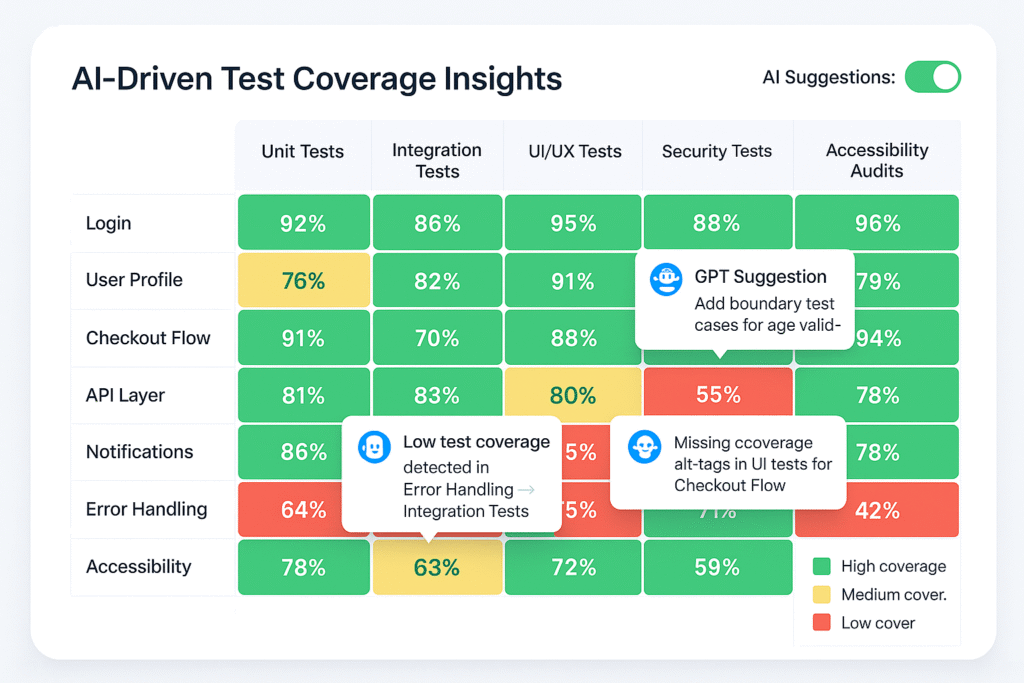
The U.S. Department of Justice has filed a civil forfeiture complaint to seize more than $225.3 million in cryptocurrency that the government alleges was obtained through crypto scams.
The DoJ outlined its case in a 75-page filing June 18 in the U.S. District Court for the District of Columbia. A court order to seize the money was issued on May 1, and the funds are presently in the custody of the U.S. Marshals Service in the District of Columbia.
The $225.3 million is the largest cryptocurrency seizure in U.S. Secret Service (USSS) history, according to a DoJ press release announcing the court filing.
U.S. Tipped off to Crypto Scams by Exchange
According to the court filing, after initiating an investigation into virtual currency accounts used to launder funds from crypto scams in November 2023, the USSS received a report from Tether – which was working with OKX, a Seychelles-based virtual currency exchange – alleging that they had identified approximately $250 million “traceable to cryptocurrency confidence scams that transferred through certain OKX accounts.”
Law enforcement investigators were able to identify about 434 suspected crypto scam victims, including 60 confirmed victims, whose funds could be traced to 22 of the 144 OKX accounts that the perpetrators allegedly controlled.
“Victim funds were not directly sent to the identified 144 OKX Accounts,” the DoJ court filing says. “Instead, the funds dissipated among various intermediary addresses before arriving in the 22 OKX Accounts, which were then generally cycled through the remaining 122 OKX accounts controlled by the same actors.”
The Secret Service and FBI used blockchain analysis and other investigative techniques to identify, freeze, and seize the proceeds from the alleged money laundering scheme.
“All 144 OKX Accounts are believed to be controlled by a group of cryptocurrency confidence scam actors and/or their money laundering co-conspirators,” the U.S. court filing said.
That assessment is based on their coordinated transaction activity, identical transaction counterparties, matching account naming conventions, similar know-your-customer information that including Vietnamese registrants and connections to a Philippines call center operation at the heart of the network, and a list of overlapping identical IP addresses used by many of the 144 OKX Accounts, all of which have IPs tracing back to the Philippines.
Crypto Investment Scams Cost Billions Annually
The U.S. says that the more than 400 identified victims in the case “lost funds after being duped into believing that they were making legitimate cryptocurrency investments.”
Crypto investment scams are the costliest category of internet crime, according to the FBI.
The FBI’s 2024 Internet Crime Report found that investment fraud – particularly fraud involving cryptocurrencies – was the most damaging category of cybercrime, with victims reporting losses exceeding $6.5 billion last year.
Source: Read More



